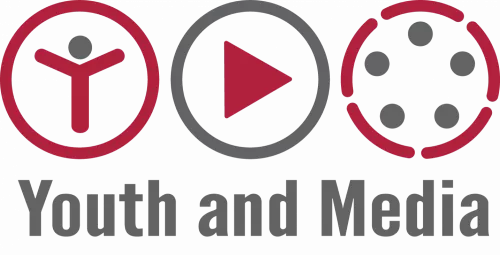Inclusion in Action: Voices and Perspectives from Colombia
Inclusion is a key process for sustaining, developing, and building democratic societies. Crossing multiple social dimensions, inclusion can help to ensure more equal opportunities for participation and access to markets, services, and spaces. At its core, inclusion is about “improving the terms for individuals and groups to take part in society” (World Bank, 2013). Inclusion matters because it allows us to recognize diverse groups and identities (e.g. ethnicity, race, gender, religion, national origin, location, age, educational attainment, and/or socioeconomic status), and understand that not all individuals and groups have equal access to opportunities and/or avenues of participation. Moreover — as extensively discussed at a recent global symposium organized on behalf of the Global Network of Internet & Society Centers by the Institute for Technology and Society of Rio de Janeiro and the Berkman Klein Center for Internet & Society — in the context of rapid technological change and digital transformation, fostering inclusion is essential to avoid deepening existing inequalities.
In October 2017, the Centro de Internet y Sociedad de la Universidad del Rosario (ISUR), represented by Julio Gaitán, and the Berkman Klein Center, represented by Sandra Cortesi and myself, co-hosted a highly interactive one-day workshop in Bogota to discuss and map the challenges and opportunities around inclusion in Colombia, and to explore ways of cultivating a more participatory and democratic future. With forty-five representatives from different sectors (e.g. academia, civil society, and government) participating in a series of interactive activities, the “Inclusion in Action” workshop allowed us to co-create a space for the meeting and exchange of diverse voices and perspectives.

